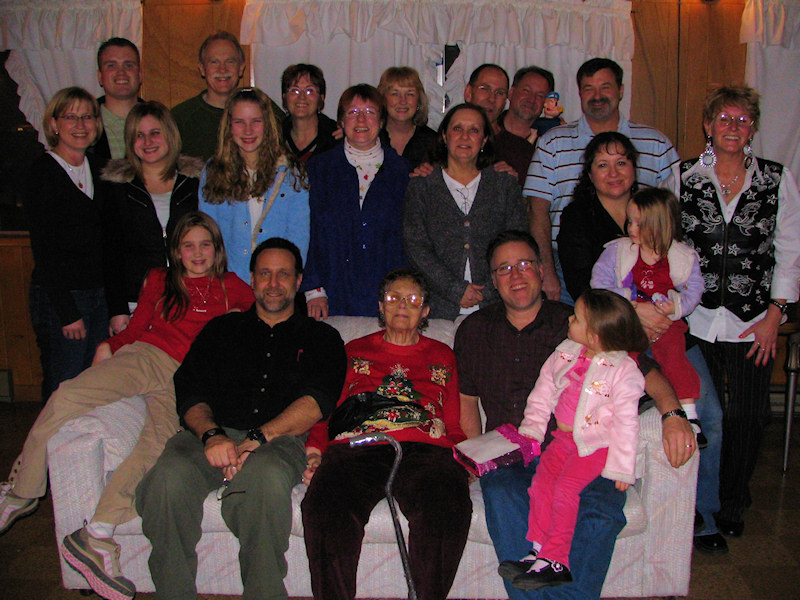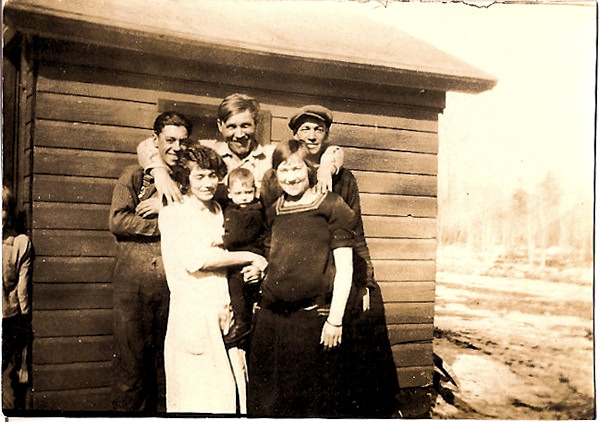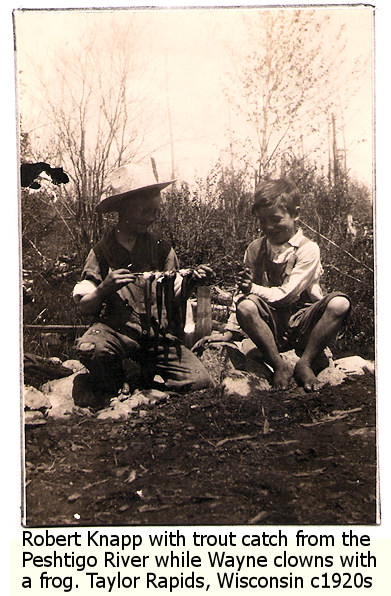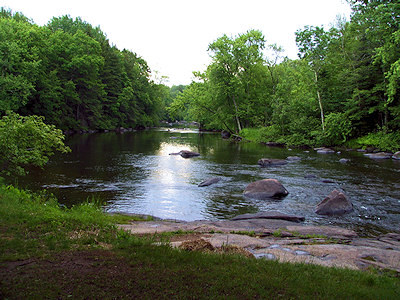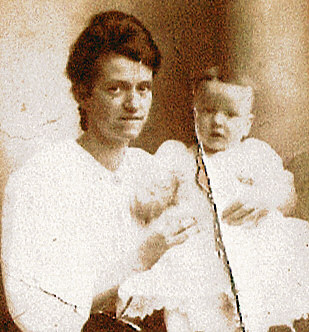DNA is being investigated for long-term data storage. Did you catch the news?
From the links listed below, I learned recently that scientists are investigating, and succeeding, in storing information on a string of synthetic DNA. They have succeeded in not just storing but retrieving the information without loss of data.
How does that impact family historians and genealogists?
So far, images, text, HTML (the code for web architecture and documents), words, and other information have been successfully stored on artificially created DNA. Since DNA is our base-code, if you will, the stuff we are all made of, therefore scientists and researchers will probably never lose interest in it, so says Drew Endy of Stanford University. “Human beings are never going to stop caring about DNA.” It is compact, light-eight, and could possibly remain intact if stored in a dark and cool environment for thousands of years, defying paper and current forms of data storage on computers.
Genealogy and history has been plagued by two key things, the lack of consistent preservation of our history and the lack of determination to share our stories so they can be preserved. Stories get passed on only so far and then, if not recorded, they are lost to time. The current generations have the greatest potential for culture and historical preservation of any that came before us, and we need to make the most of it.
Storage of historical documents, photographs, audio and video recordings, what history we’ve managed to preserve is critical going forward, as is recording our lives today. Instead of shifting with the latest and best storage technology, beta max, CD, DVD, 8mm, and other storage media of our recent archaic collections, DNA could prove to be a long term storage option with little obsolescence.
Imagine several hundred or thousand years from now, your life story and the history of your family to this point could be uncovered and studied by a descendant eager to learn about who you were and how you lived, and how you and your family came to this point in time. I’m not sure they could do much with our old cassette recorded interviews or images and papers stored on DVDs and CDs scratched at the least, crumbled to dust at the most, but DNA…that will last.
Right now, estimates are that the process will cost over USD $12,000 per megabyte to encode and $220 to decode, but if this works, the costs will definitely decrease, making it affordable as well as easy to do.
To me, this is very exciting news.
I also do not miss the irony. DNA research continues to lead us back through history, finding all those related to us from our gene pool living today, as well as to our past family history, tracing our family’s DNA around the world through history and cultures. The fact that it could be the answer to preserving our family history in the future…yeah, it’s somehow appropriate. Full circle.
For more information on this:
- Synthetic double-helix faithfully stores Shakespeare’s sonnets : Nature News & Comment
- Book converted to DNA then ‘read’ to show off bio-digital storage – FutureTech on NBCNews.com
- Storing information in DNA: Test-tube data | The Economist
- DNA data storage: 100 million hours of HD video in every cup
Most Recent Articles by Lorelle VanFossen
- The Myths and Mysteries and Hunt for Nicholas Knapp
- The Perpetual Calendar
- GenSmarts: Reminder to Not Assume
- Gensmarts Saves Your Family History Research Life
- Digging Through Historical Newspapers Online

